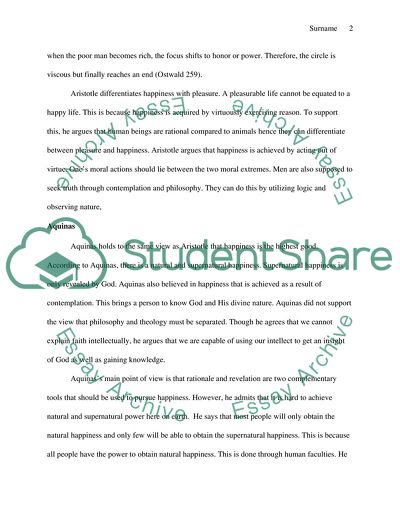Cite this document
(Ethical Views of Philosophers Literature review, n.d.)
Ethical Views of Philosophers Literature review. https://studentshare.org/philosophy/1749102-ethical-views-of-philosophers
Ethical Views of Philosophers Literature review. https://studentshare.org/philosophy/1749102-ethical-views-of-philosophers
(Ethical Views of Philosophers Literature Review)
Ethical Views of Philosophers Literature Review. https://studentshare.org/philosophy/1749102-ethical-views-of-philosophers.
Ethical Views of Philosophers Literature Review. https://studentshare.org/philosophy/1749102-ethical-views-of-philosophers.
“Ethical Views of Philosophers Literature Review”. https://studentshare.org/philosophy/1749102-ethical-views-of-philosophers.


